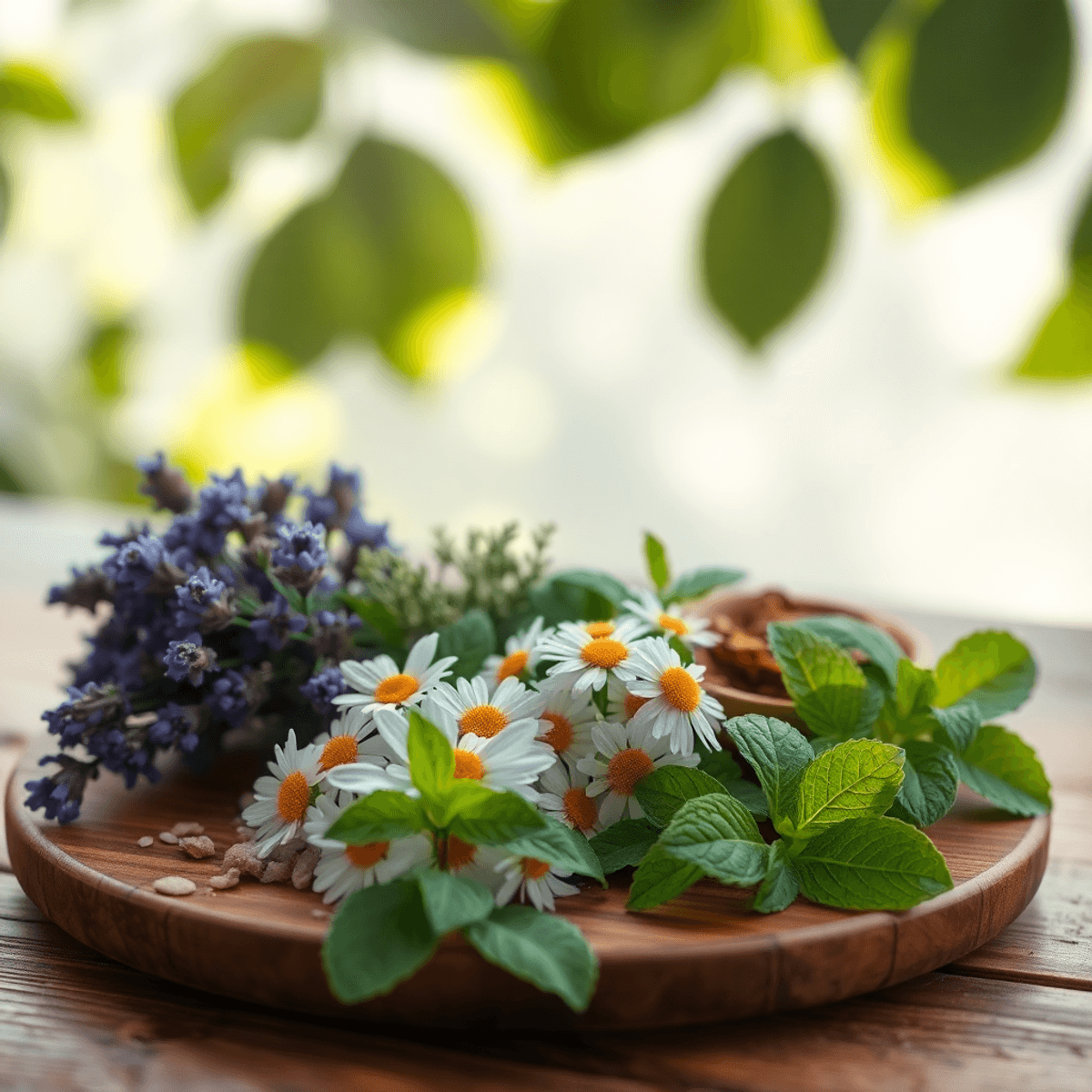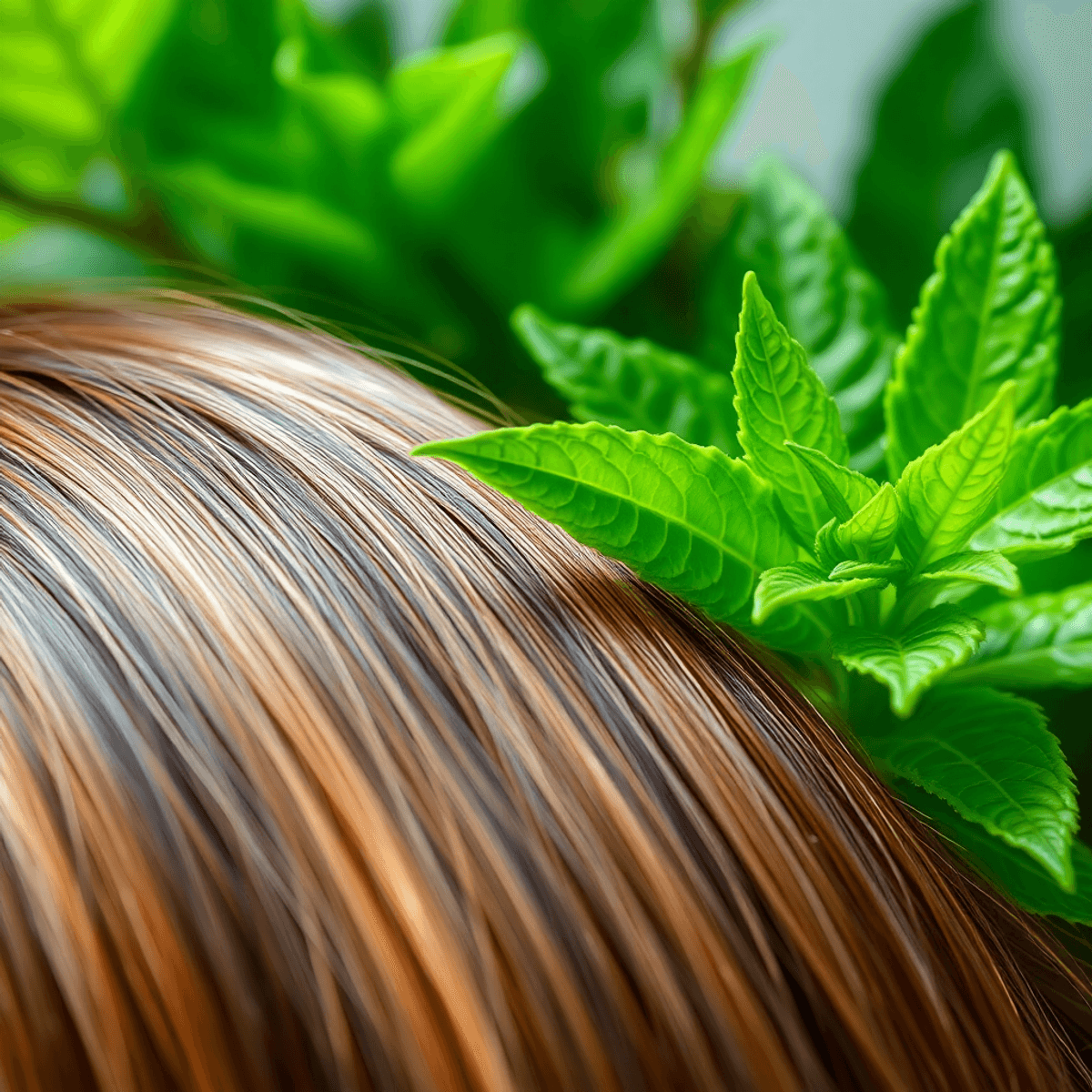Understanding the Healing Properties of Herbs for Leaky Gut
In recent years, there has been a growing interest in understanding how natural remedies, particularly herbs, can aid in healing various health conditions. One such condition that has garnered attention is “leaky gut syndrome,” a condition that impacts the intestinal lining and may lead to a myriad of health issues. In this post, we will delve into the healing properties of herbs that can be beneficial for leaky gut, supported by relevant statistics, examples, and actionable tips.
What is Leaky Gut Syndrome?
Leaky gut syndrome, also known as increased intestinal permeability, is a condition where the lining of the small intestine becomes damaged, causing undigested food particles, toxins, and bacteria to “leak” through the intestinal wall into the bloodstream. This can trigger inflammation and alter the gut microbiome, potentially leading to autoimmune diseases, allergies, and other health problems.
According to a study published in the journal Gut, approximately 70% of the immune system is found in the gut, highlighting the importance of maintaining gut health. With the rise of processed foods and antibiotic use, the prevalence of leaky gut is increasing, making it crucial to explore natural healing methods.
The Role of Herbs in Gut Healing
Herbs have been used for centuries in traditional medicine to support digestive health. They contain bioactive compounds that can help repair the gut lining, reduce inflammation, and promote a healthy gut microbiome. Here’s a closer look at some herbs that are particularly beneficial for leaky gut:
1. Licorice Root
Licorice root is known for its anti-inflammatory and soothing properties. It contains glycyrrhizin, a compound that helps protect the gut lining and reduce irritation. A study in Phytotherapy Research found that licorice root extract significantly improved symptoms of gut inflammation in patients with gastrointestinal disorders.
Actionable Tip: Consider incorporating licorice root tea into your daily routine, but be mindful of potential side effects such as increased blood pressure. Opt for deglycyrrhizinated licorice (DGL) supplements to mitigate these risks.
2. Slippery Elm
Slippery elm is a mucilaginous herb that forms a protective barrier on the intestinal lining. It has been used traditionally to soothe digestive tract inflammation and promote healing. Research published in the Journal of Alternative and Complementary Medicine demonstrates its effectiveness in improving symptoms of irritable bowel syndrome (IBS), a condition often associated with leaky gut.
Actionable Tip: Mix slippery elm powder with water to create a soothing gel that can be consumed before meals to protect the gut lining.
3. Marshmallow Root
Much like slippery elm, marshmallow root is rich in mucilage, which coats the gut lining and reduces inflammation. It has been shown to alleviate symptoms of gastritis and ulcerative colitis, making it a valuable herb for leaky gut management.
Actionable Tip: Prepare marshmallow root tea by steeping the root in hot water. Drink regularly to support gut health and reduce inflammation.
4. Turmeric
Turmeric, a staple in Ayurvedic medicine, contains curcumin, a powerful anti-inflammatory compound. Curcumin has been shown to modulate gut microbiota and improve intestinal barrier function, making it a potent ally in the fight against leaky gut.
Actionable Tip: Add turmeric to your diet by incorporating it into curries, smoothies, or golden milk. Pair with black pepper to enhance curcumin absorption.
5. Ginger
Ginger is celebrated for its digestive benefits and anti-inflammatory properties. It aids in digestion, reduces nausea, and supports gut health. A study in Food & Function highlighted ginger’s role in modulating gut microbiota and promoting gut barrier integrity.
Actionable Tip: Include fresh ginger in your meals, or brew ginger tea to enjoy its gut-soothing effects.
Creating a Gut-Healing Herbal Protocol
To effectively use herbs for leaky gut, consider developing a comprehensive protocol that includes dietary changes, stress management, and lifestyle modifications. Here are some steps to create a personalized gut-healing plan:
Step 1: Eliminate Gut Irritants
Remove foods and substances that exacerbate gut inflammation, such as processed foods, refined sugars, and alcohol. Instead, focus on a whole-foods diet rich in fruits, vegetables, lean proteins, and healthy fats.
Step 2: Incorporate Gut-Healing Herbs
Include the herbs mentioned above in your daily regimen. You can consume them as teas, supplements, or in culinary preparations. Consistency is key to achieving optimal results.
Step 3: Manage Stress
Chronic stress can negatively impact gut health. Practice stress-reduction techniques such as meditation, yoga, or deep breathing exercises to support your healing process.
Step 4: Support Gut Microbiota
Probiotics and prebiotics play a crucial role in maintaining a healthy gut microbiome. Consider supplementing with probiotics or consuming fermented foods like yogurt, kefir, and sauerkraut.
Conclusion
Understanding the healing properties of herbs for leaky gut can empower individuals to take charge of their gut health naturally. By incorporating licorice root, slippery elm, marshmallow root, turmeric, and ginger into a comprehensive gut-healing protocol, you can improve intestinal barrier function, reduce inflammation, and promote overall well-being. Remember, while herbs offer promising benefits, it’s essential to consult a healthcare professional before starting any new supplement regimen, especially if you have pre-existing health conditions or are taking medications. Embrace the power of nature and embark on a journey towards optimal gut health today!
Discover more from NatureZen Market
Subscribe to get the latest posts sent to your email.










